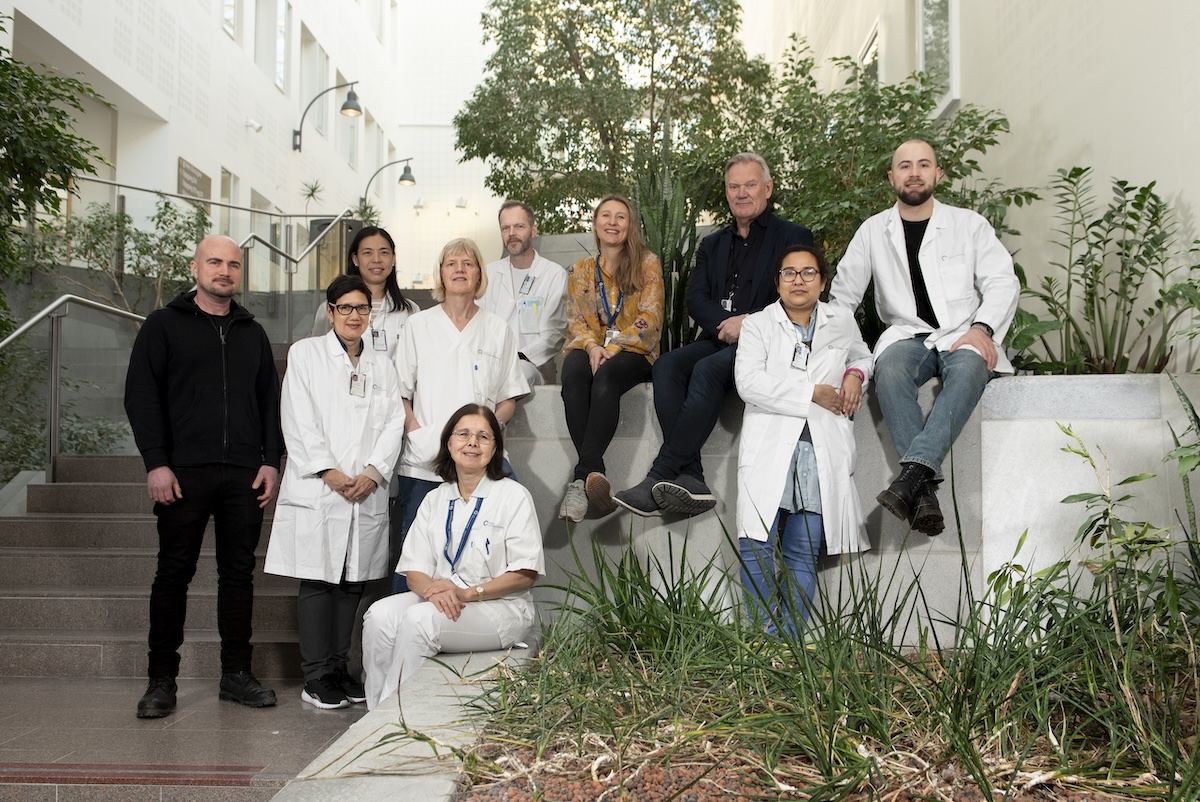Benedicte Stavik's group: Coagulation Factors: Role in the Development of Thrombosis, Inflammation and Cancer
The main goal of this research group is to identify and uncover important molecular mechanisms of blood coagulation proteins contributing to or preventing disease, in order to develop new treatment options for patients.
Blood coagulation is essential for maintaining a healthy blood flow but can contribute to disease in several ways.
- Anomalies in coagulation proteins cause pathological bleeding or thrombosis.
- Common diseases such as infarctions, sepsis (a systemic inflammatory reaction), and cancer are manifested by thrombotic complications.
- Coagulation proteins contributes to the progression of both inflammation and cancer.
In depth knowledge about coagulation proteins and their regulation is therefore important not only in preventing clinical events related to hemostatic disorders, but also in preventing the morbidity and mortality of other common diseases.
We conduct basic, translational, and clinical research with focus on gene mutations, molecular and biological activities, and hemostatic function in in vitro and in vivo systems and in ex vivo samples.
The group constitutes the R&D section at the Department of Haematology but is organized under the Research Institute of Internal Medicine (RIIM), and all our research is conducted here. This ensures both proximity to our patients and clinical material important in our research and the advantage of working in a highly skilled and fruitful research environment with access to stat-of-the-art laboratory equipment and technology.

From left, front row: Knut Husø Lauritzen, Maria Eugenia Chollet Dugarte, Marie-Christine Mowinckel
